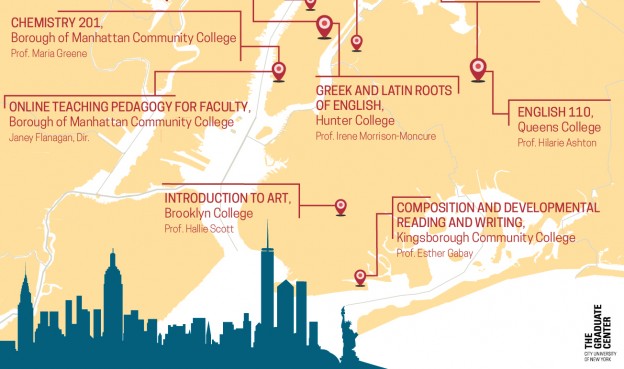In his classic study Bowling Alone (2000), Robert Putnam argues that we have lost our connection to friends, family, neighbors, and our democratic structures. He warns that our “social capital” has plummted, leaving us emotionally and socially impoverished. We’re working harder, going to more meetings, but spending less time iwth friends, neighbors, and others. His powerful image of this is that more Americans now bowl than ever–but not in leagues. We’re bowling alone.
John Dewey didn’t use the term “social capital” in his 1900 classic School and Society, but he very much believed in the power of social connection to enhance learning, to ensure that formal education was relevant to society, and to underscore the deeply personal, engaged, invested aspects of learning in a democracy.
Read More: Why Are We Still Learning Alone? Why Connection Is More Important Than Ever #FuturesEd

